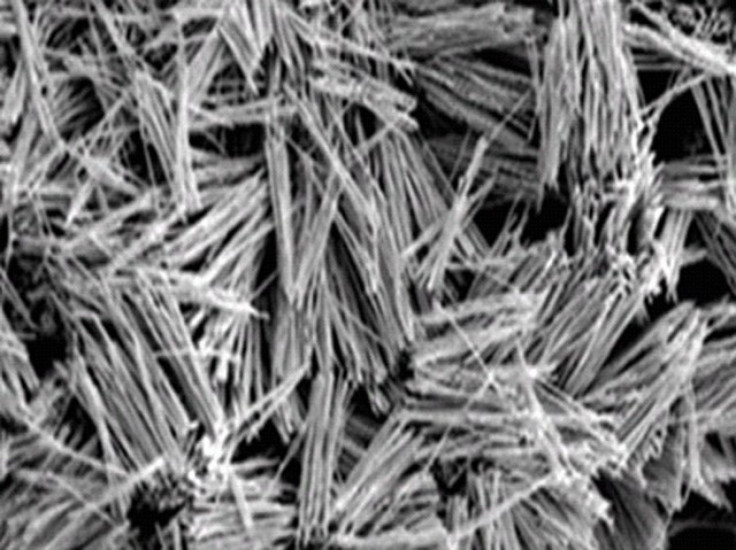Nanotechnology: A New and Improved You

With today's advancements in technology, we can engineer virtually everything from animals to our children. Now, we can even engineer better versions of ourselves. Nanotechnology, the manipulation of matter on atomic and molecular levels, may transform the cars we drive to the medical treatments we receive.
Applied to the human body, nanotechnology augmentations have high potential to improve both our strength and smarts. In 2006, University of Texas at Dallas researchers developed a form of artificial muscles powered by alcohol and hydrogen. They were found to be 100 times stronger and more capable than the natural muscles found in our bodies. Their research findings pointed to further possibilities, like creating artificial limbs or giving robots smart sensors to react to changing environments.
Nanotechnology would allow for function as both muscle and fuel cells, and its applications in the brain are already being looked into. Although the research and facts are still inconclusive, biomedical engineers from the University of Michigan predict that the technology in the brain could assist in treating conditions like blindness, Parkinson's disease, or strokes, among others.
Essentially, scientists are aiming to use nanotechnology to build sensors allowing us to send and receive information in the brain. Directly reading and writing information into the brain means that we would be able to manipulate our brain pathways and, if possible, transmit that same information through telecommunication pathways to someone or something else. Japanese telephone company Nippon Telegraph and Telephone presented their work on bionic brain sensors at the International Conference on Nanoscience in Sydney last year. Their team's ultimate goal was to tap into the human mind with nanotechnology in hopes of controlling brain activity to combat a number of diseases known to man.
The wonders of nanotechnology could even turn our bodies into power outlets. The U.S. Department of Energy's Lawrence Berkeley National Laboratory and U.C. Berkeley have figured out how to use nanowires to recover thermal energy wasted in the body. If this could be converted into electrical power, we might become talking batteries for our electronic devices.
Surely, a technology like this doesn't come free of risks. Besides the health uncertainties and complexities nanotechnology can bring when applied in humans, there is also discussion over environmental issues. Nanotechnology is reaching more consumer products now, and this is raising concerns about nanoparticles possibly becoming their own class of non-biodegradable materials. More than anything, this further adds to our problem of overwhelming pollutants in the air. Whatever the benefits and risks may be, nanotechnology is a rapidly evolving science that will very soon transform the way we carry our lives-literally.
© Copyright IBTimes 2024. All rights reserved.











